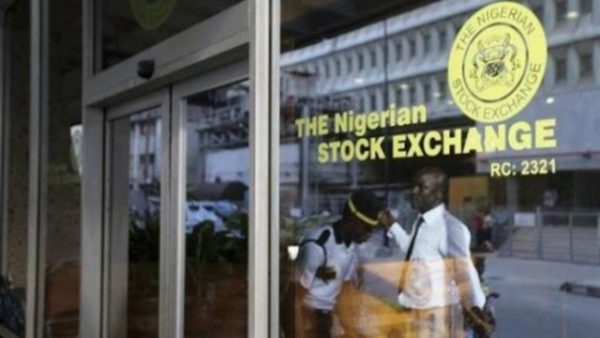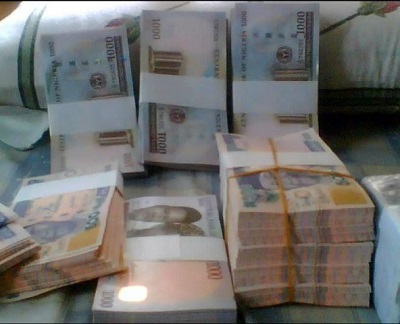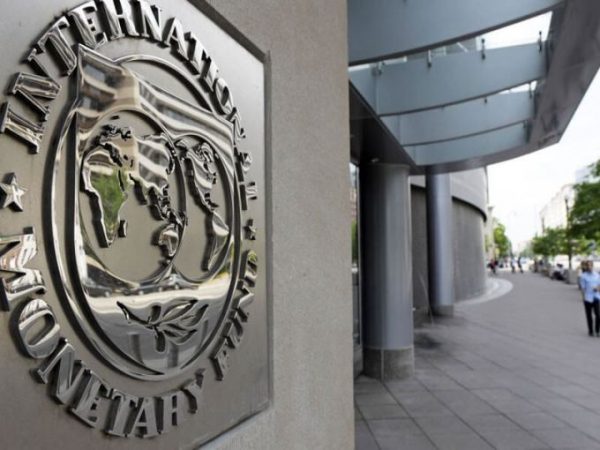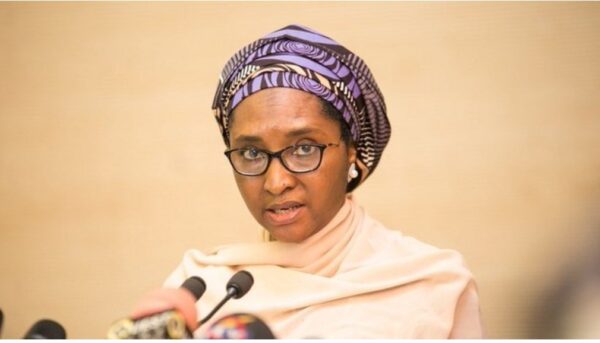Banks fail to account for Nigeria’s $7bn reserves
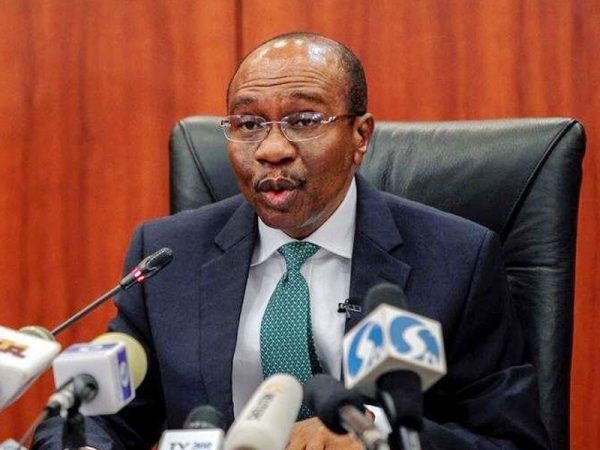
There are strong indications that a huge chunk of the $7bn reserves which the Central Bank of Nigeria under a former Governor Charles Soludo gave to 14 banks had yet to be repaid 13 years after it was collected.
The CBN had in 2006 apportioned $7bn out of the nation’s external reserves, which stood at $38.07bn then to 14 global asset managers and their 14 Nigerian banks local partners, to manage.
The amount given to the asset managers represented about 18.39 per cent of the total external reserves, which was hitherto kept with foreign banks.
The 14 global asset managers and their local counterparts were Black Rock and Union Bank of Nigeria Plc; J.P. Morgan Chase and Zenith Bank Plc; H.S.B.C and First Bank of Nigeria Plc; BNP Paribas and Intercontinental Bank Plc; UBS and United Bank for Africa Plc; Credit Suisse and IBTC Chartered Bank Plc.
Others were Morgan Stanley and Guaranty Trust Bank Plc; Fortis and Bank PHB Plc; Investec and Fidelity Bank Plc; ABN Amro and Access Bank Plc; Cominvest and Oceanic Bank Plc; ING and Ecobank Plc; Bank of New York and Stanbic Bank Plc; and Crown Agents and Diamond Bank Plc.
The CBN gave each asset manager $500m of the external reserves to manage.
Sources in the banking industry confided in our correspondent that the global financial crisis of 2008 and the capital market meltdown of 2009 affected some of the banks.
It was gathered that some of the banks took the fund and in a bid to boost profitability invested massively in capital market instruments through margin loans.
The drive to remain bullish amidst threat of economic meltdown also propelled some of the banks to channel funds to oil marketers for petroleum products importation without due diligence.
A former Managing Director of a Deposit Money Bank who spoke to our correspondent in confidence said the global financial crisis of 2008 dealt a heavy blow on the balance sheets of many of the banks.
He said some of the banks that collected the $7bn reserves to manage on behalf of the country never recovered from the crisis, a situation that made repayment difficult.
Some of the banks that were taken over by the apex bank after the stress test of 2009 were Oceanic Bank, Intercontinental Bank Plc, Platinum Habib Bank, FinBank, Afribank, Union Bank Plc.
Out of these banks, three of them namely Bank PHB, Oceanic Bank and Intercontinental Bank benefitted from the management of the $7bn reserves.
The bank boss said, “The banks collected the reserves and some of them such as Intercontinental Bank, Oceanic Bank, Platinum Habib Bank, could not repay because at the dying days of Soludo’s tenure, we even had to create a window which is called Standing Loan Facility.
“This allows banks to access this window and borrow against their assets like treasury bills when they want to address issues relating to liquidity.
“But normally, no bank access SLF unless they have liquidity issues and so any bank you see accessing SLF and staying there means there is a need for a searchlight on that bank. Maybe they have endemic crisis.
“Those banks became permanent tenants at the SLF – Intercontinental, Oceanic, Habib and others were always there.
“It (SLF) is a very high interest rate that is prohibitive and if you see any bank going there, it’s out of desperation because they have no alternatives.
“So they were all there up to the time (former CBN Governor Lamido) Sanusi took over and conducted that stress test.
“They borrowed money, they raised capital, they took CBN money, they took foreign money and there was pressure for profits and so they became so bullish.
“They invested in capital market, petroleum importation business and when you invest in petroleum without collateral, if the PPPRA (Petroleum Products Pricing Regulatory Authority) does not pay, then you don’t have money.”
The source added, “They invested in margin loans and the stock market collapsed in 2008. They invested in housing and housing market collapsed after the 2008 financial crisis.
“So everything went negative for them. They got into crisis and Soludo who was trying to manage them left.
“Sanusi had no sentiment for them and he ordered for a stress test and the stress test was very clear and it found them wanting.”
Another top bank executive told our correspondent that after the stress test of 2010, some of the banks were taken over by the CBN and their toxic assets transferred to the Asset Management Corporation of Nigeria for recovery.
The source said the unpaid portion of the reserves constituted the over N5tn debt currently being recovered by AMCON.
He said some of the debt might not be recovered because the funds were borrowed with fraudulent intentions.
He said, “This money we are talking about constitutes part of the loans inherited by AMCON
“Someone took N1bn from Intercontinental Bank at that time and the name he gave does not exist. It was fake and that facility was used to import petroleum products. The guarantee they gave was fake because the address was invalid, everything was forged.
“So that entire $7bn may never be recovered, Nigerians have paid the price. We took the heat of over N5tn because of the recklessness of few people and some of them are political actors.”
The circumstance surrounding the management of the $7bn is currently being investigated by the Economic and Financial Crimes Commission, it was learnt.
In January, a former Deputy Governor of the CBN and then Presidential candidate of the Action Democratic Party, Dr Obadiah Mailafia, was reportedly arrested by security operatives and questioned over the $7bn.
He had said, “They said there was a policy on CBN in 2006 that some foreign exchanges were given to the banks to manage and the banks now turned around and said the money was a bailout and I should come and explain.
“I told them the policy was made around 2006 October and I left CBN in March 2007 and within that four months, I don’t know what happened. Even my department didn’t handle cash. Those who are managing this department have not been questioned. It is only me.”
Attempts to get comments from the CBN on the status of the $7bn reserves were not successful as the Director Corporate Communications Department, Isaac Okorafor, had yet to respond to enquiries on the issue.



